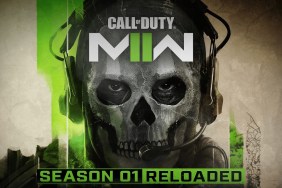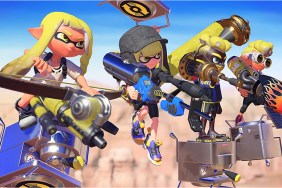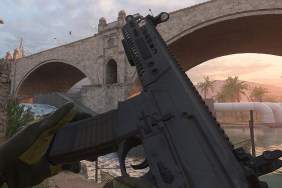Teaching your kids how to save has never been easier!
When I was younger, I couldn't spend my allowance fast enough. Whether it was Ninja-Armor Batman calling out to me in Target or snacks at the corner store, money burned holes in my pockets. Call of Duty's CoD Points are no different. I'm more likely to gamble that digital currency away…
-
Call of Duty and Battlefield made a baby
-
Battlepoints are fun to earn, save, and spend
-
Vehicles and Infantry play well
-
Campaign has great set pieces
-
... and a great set up...
-
but it's way too short...
-
and certain story elements don't hit hard enough.











